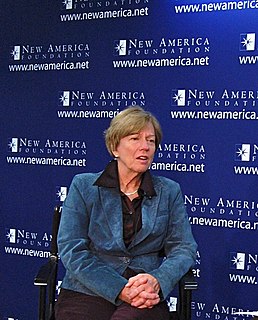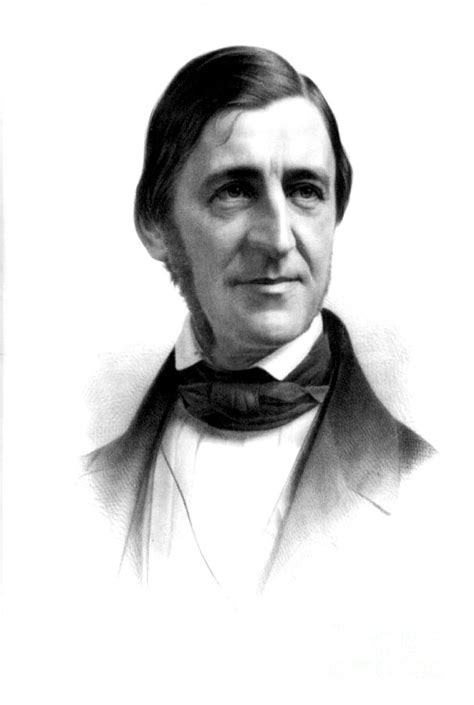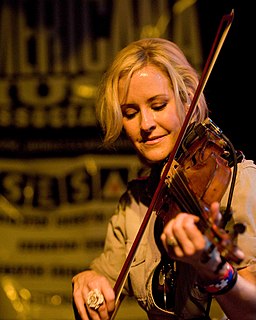A Quote by Marcia Angell
Just look at herbal remedies. It's essentially a throwback. It's saying you go to a plant and you mush it up and you stick it in the jar and you sell it and you eat it and it's going to cure what ails you. And that's the kind of stuff that people believed in the early 19th century.
Related Quotes
People have asked me about the 19th century and how I knew so much about it. And the fact is I really grew up in the 19th century, because North Carolina in the 1950s, the early years of my childhood, was exactly synchronous with North Carolina in the 1850s. And I used every scrap of knowledge that I had.
Repression is good for cultural achievement. Let's face it. What are gay boys going to be like? I always like to say the 19th-century gay boy was Oscar Wilde, the 20th-century gay boy was Stonewall and ACT UP. And in the 21st century, we have blocking people on Grindr. That's what we've accomplished. Without some kind of traction.
There is not one particular moment that can account for the shift from the social issue concerns of 19th-century evangelicals into the state of American evangelicalism today. Some historical moments are telling. The rise of biblical criticism in the 19th century forced evangelicals to make choices about what they believed about the gospel.
I was really interested in 20th century communalism and alternative communities, the boom of communes in the 60s and 70s. That led me back to the 19th century. I was shocked to find what I would describe as far more utopian ideas in the 19th century than in the 20th century. Not only were the ideas so extreme, but surprising people were adopting them.
Growing up as a black kid with a white father who loves you, who affirms you, who was part of your life is fundamentally different than what black people in my family were subjected to in the 19th century or the 18th century. But unfortunately, it doesn't change the old racial order. I think we need to let the old racial order just stay where it is and not seek to improve upon it. Not try to create more racial categories, because all that does is it makes a race stick around longer.


































